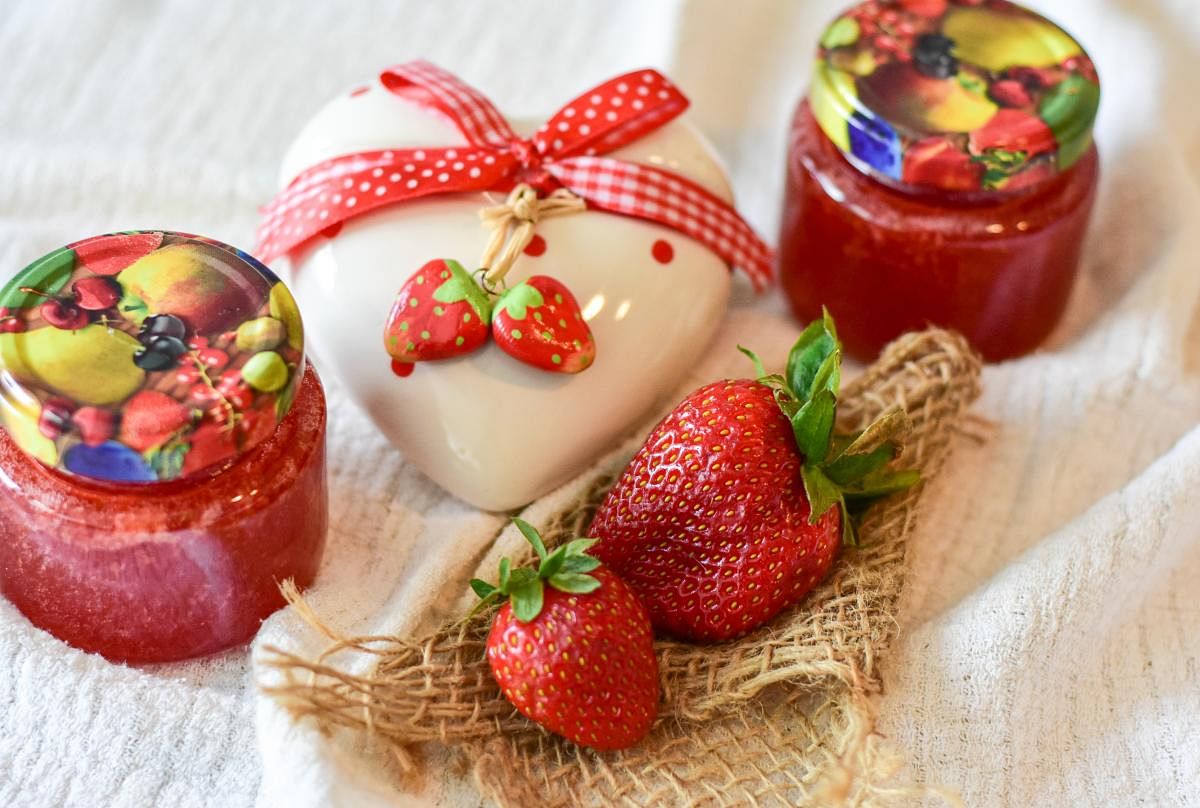

Even as things are limping back to normal and we are ready to enjoy the festive season, albeit, with precautions, there are some vital lessons that the pandemic has taught us which we are more than glad to embrace and incorporate into our lives. Being frugal in what we buy and repurposing resources have now become key to the efforts we make towards sustainability.
Homemaker Swati Gupta remembers her frantic attempts to log on to a popular grocery portal to book a delivery slot in April 2020. “I used to log in at midnight to order, it was crazy.” There was not much stock, and a limited quantity could be ordered. Scarcity compelled me to buy in bulk whatever was available. “I bought instant mixes, ready-to-eat food, biscuits, noodles and all junk in the quantity allowed. It felt that if I didn’t, we may starve,” she explains.
The habit of hoarding food has been inherited from our ancestors. In the past, our ancestors as hunter-gatherers always worried about the next meal. Having no food was a scary scenario that led to death. In his book Understanding Hoarding, author Jo Cooke says, “Historically, we have hoarded as a natural response to being unable to gain easy access to certain foods and essentials, or to being “stuck inside” during bad weather.”
The development of agriculture did transform things. Women who were the nurturers, explored and experimented to extend and stock foods. The diverse cuisines of today are the result of much thought, effort and time spent by women finding ways and means to cook, store, and eat varied food. This is the basis of the methods of preservation of vegetables, by drying, pickling and coating with salt or vinegar.
Thrift and creativity have always been a decision for women. “It comes from working with limited resources and growing up in families where many members had to be fed,” shares Simran Oberoi the founder of Ovenderful Healthy Baking. The focus is on how to pack maximum nutrition, use fresh produce and try to make even the pickiest of eaters eat, she adds.
The pandemic effect
During the March 2020 lockdown, the same dilemma compelled women to rethink to be innovative. They sun-dried vegetables, made jams and preserves, herb cheese and butter. Even when ‘less was more’ they managed to place healthy meals on the table. As food became scarce using whatever was available economically and resourcefully became crucial.
Sometimes, Swati could cook only rice and dal. “I added an interesting crunch by sun-drying and then frying the leftover mashed rice blobs mixed with spices and salt as a side dish,” she shares. By reviving her grandmother’s recipe of drying cluster beans soaked in buttermilk and salt and then frying them, she could introduce a new taste to her family.
Being frugal and sensible became crucial. “The only thing that worked was planning, not wasting and being aware that the many fresh ingredients that we took for granted were unavailable and expensive,” shares Simran.
Nandita Godbole, an Atlanta-based Indian author of Seven Pots of Tea: an Ayurvedic approach to sips & nosh, says “Indian food is very forgiving of sparse pantries. Our simple masala dabba can flavour an Emperor’s banquet even if we only have potatoes or rice.”
Initially, Nandita relied on a lot of pulses to cook nourishing meals. She had started writing a book on Ayurvedic teas and brews and used this time to educate herself and her audience about the benefits of herbs and spices. Nandita started exploring new ways of maximising the use of ingredients. The
pandemic taught her not to take any ingredients in her pantry for granted, “knowing that the Indian pantry doesn’t have anything that is a one-trick-pony
— aka curry powder,” she explains.
Some useful tips
Use one ingredient in multiple ways to create new dishes as it saves time and resources. Simran uses kala chana for regular gravy, plus for patties in burgers and as an additional protein in salads.
Make masalas, podis/chutneys and sundried vegetables to help in times of need.
Reduce the consumption of packaged and processed food. Buying local and seasonal stuff helps small farmers and local people.
Difficult times call for coping and substituting. Reviving and experimenting help.
Being prepared for contingencies is essential. Simple meals and lifestyles can
take care of any exigency.
This silver lining of the pandemic is indeed a lifesaver.